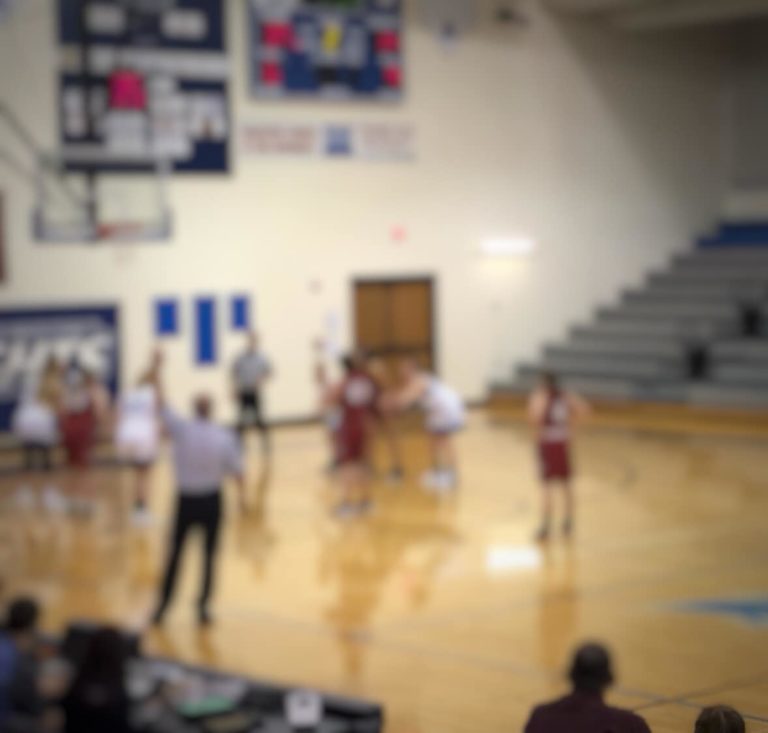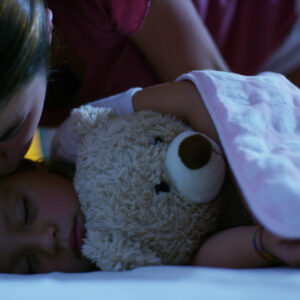It was a typical summer evening in suburban America, a night when one child would turn to his mother and offer deep insight with one simple statement:
“Mom, stop. It’s OK.”
As the sun began its long descent in the sky that night, SUVs and pickup trucks began pouring into the tiny baseball field parking lot, dumping out their 12-year old passengers at the entrance to the field and rushing to secure a perfect parking spot.
The two dozen tweens made their way to their respective dugouts, lugging stinky bags filled with half-eaten packages of sunflower seeds, packs of sugary chewing gum, and multiple empty water bottles behind them. The players laughed and joked with each other, not really caring about the outcome of the game they were about to play.
They just wanted to have fun and soak up what was left of their summer.
As the children made their way onto the field to warm up, the parents began to take their place on the sidelines, staking out their preferred position alongside the field with their eyes fixed firmly on their own child, anxious thoughts filling their heads.
Will this be the night my child finally hits a home run?
Will my child find their confidence behind the plate or on the pitching mound?
Will my child be able to shake it off if they make an error or will it throw off their entire game?
As the game got underway, the distance between childhood and adulthood became apparent, and the life lessons began to unfold.
While the adults complained that the game was starting 15 minutes early, the sun was too hot, the bugs were too buggy, the field was too dusty, and the portapotty was located too close to the field, the children continued on with their laughter and jokes, calling out support to each other.
The players were able to ignore the frustrating parts of the evening and instead focus on the positive parts.
When someone’s grandparent yelled at a player that was not their grandchild for making a mistake, some adults tensed and shot sideways glances at each other, muttering passive aggressive comments not quite under their breath. But the player took a deep breath, looked to his coach, physically shook the negativity off, and moved on.
The mistake and the criticism were forgotten by the player long before they would ever be forgotten by the adults.
When the umpire called interference on another player a few innings later, some adults shouted at the player, “You should know better,” and, “Get your head in the game,” while others heckled the ump for the “bad” call. The player pounded his fist into his glove and looked down at the ground as he kicked some clay around with his cleats. But the quickly deepening redness that had risen in his face from embarrassment stopped when his coaches called out to him, reminding him to breathe and to “focus on the next one.” With those words of encouragement, the player’s shoulders and face relaxed and he turned his attention back to the game.
RELATED: Before You Yell at the Referees Tonight, Let Me Tell You About My Daddy
As the adults on the sidelines spent the next 30 minutes rehashing with each other what had happened, the player had already moved on from the mistake.
Later when a player from the home team hit an out-of-the-park homerun and scored two runs for his team, the away team players could be seen fist bumping the hitter as he rounded the bases. From the adults on the away side, there was no clapping or calls of “nice hit!” Instead, there was silence, glowering stares, and frustrated hands being tossed into the air, as adults walked away from the game in anger.
Any jealousy or frustration the away team players had was overshadowed by their sportsmanship and happiness for a peer—even if it was a peer from another team.
As the game progressed, the home team’s lead increased, eventually dashing any hope the away team could win the game. But the players on the away team somehow kept smiling. They cheered for each other when one of them got a hit. They smiled for themselves when they struck out a player. They laughed as they made their way back to the dugout after each inning.
Despite the almost certain loss, they were having fun.
RELATED: When Your Days in Youth Sports Are Over, I’m Going To Miss This Too
After a series of calls that just did not go their way, one parent finally stood up and yelled to another parent “That’s it. I’m pulling my kid now. He’s not playing in this game anymore.”
The field fell silent for a moment and the parent’s child turned to them from the dugout, calling out:
“Mom stop. It’s OK.”
Words of wisdom right there from a 12-year-old.
And it’s about time we all listen to them.
Moms and dads, stop. It’s OK.
It’s OK if your child’s team loses a game.
It’s OK if an umpire or referee makes a bad call in youth sports.
It’s OK if your child’s volunteer coach is not from the big leagues.
It’s OK for your child to be on a losing team.
It’s OK for your child to make a mistake.
It’s OK for your kids to have fun.
And you know what, it’s OK for YOU to have fun, too.
Our kids don’t need us standing on the sidelines, ready to throw down with every parent from the opposing team, coach, or ump who makes us upset or disagrees with us.
Our kids don’t need to see us throwing temper tantrums, swearing, making fun of the other team, or threatening to leave the game when things don’t go our way.
RELATED: The Only Words Our Young Athletes Need To Hear From Us is “I Love Watching You Play”
Our kids don’t need us yelling at them from the sidelines as we point out every error and mistake.
They don’t need that from us.
In fact, they don’t really need us at all in those moments.
It’s we who need them.
The real lessons to be learned sometimes are the lessons that come from the kids and it’s OK for us to listen and learn from them.
So, stop.
It’s OK.
It really is.

If you liked this, you'll love our book, SO GOD MADE A MOTHER available now!
Order NowCheck out our new Keepsake Companion Journal that pairs with our So God Made a Mother book!
Order Now















